Fredrick Okango, the Azimio Spokesperson, has shed light on the growing isolation of Deputy President Rigathi Gachagua. The isolation is within President William Ruto’s Kenya Kwanza administration. In a recent interview, Okango outlined six key reasons. These reasons contribute to Gachagua’s diminishing influence.
They also impact his support among his peers in the government. The underlying tensions within the ruling United Democratic Alliance (UDA) party are a significant factor in this situation.
One of the primary issues highlighted by Okango is the public discontent surrounding Gachagua’s conduct. This includes his controversial statement about the Kenya Kwanza administration being a ‘government of shares.’
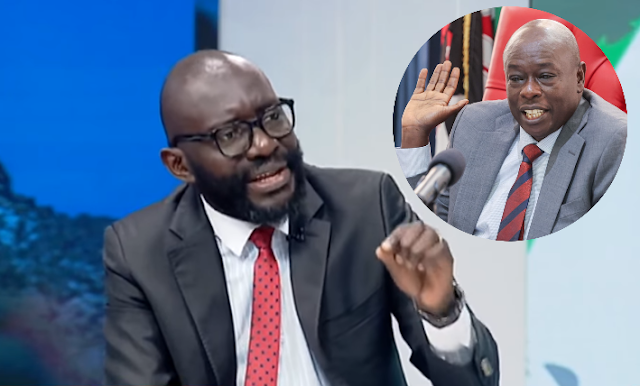
This remark has not only raised eyebrows but has also fueled dissatisfaction among the populace, further isolating him. Additionally, the rising cost of living has exacerbated Gachagua’s challenges. He has been unable to help President Ruto in addressing this pressing issue.
Okango also pointed out that Gachagua feels threatened by the broad-based government that Ruto has formed. This government includes collaboration with opposition leader Raila Odinga. This alliance has led to actions by Gachagua that have strained his relationships with some of his allies.
These actions show a growing rift within the administration. The endorsement of Interior Cabinet Secretary Kithure Kindiki by a faction of Mt. Kenya MPs, while Gachagua was there, serves as a clear sign of his waning influence in the region.
In conclusion, internal party tensions have created issues. Public dissatisfaction adds to these challenges. The shifting political landscape has left Gachagua in a precarious position. He faces a challenging situation within the Kenya Kwanza government.
As these dynamics continue to unfold, it remains to be seen how Gachagua will navigate his role. It is uncertain whether he can regain the support of his allies and the public.



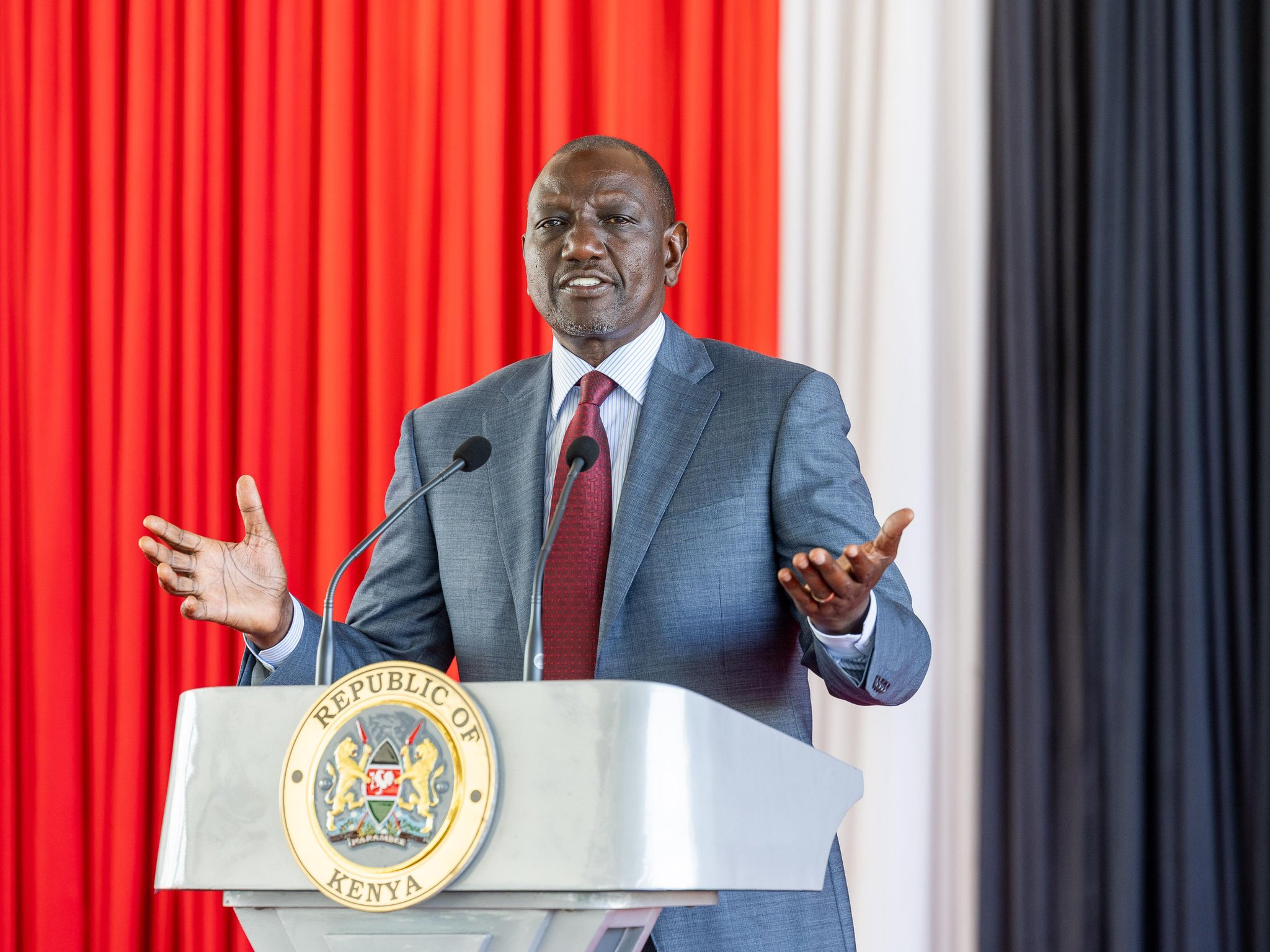
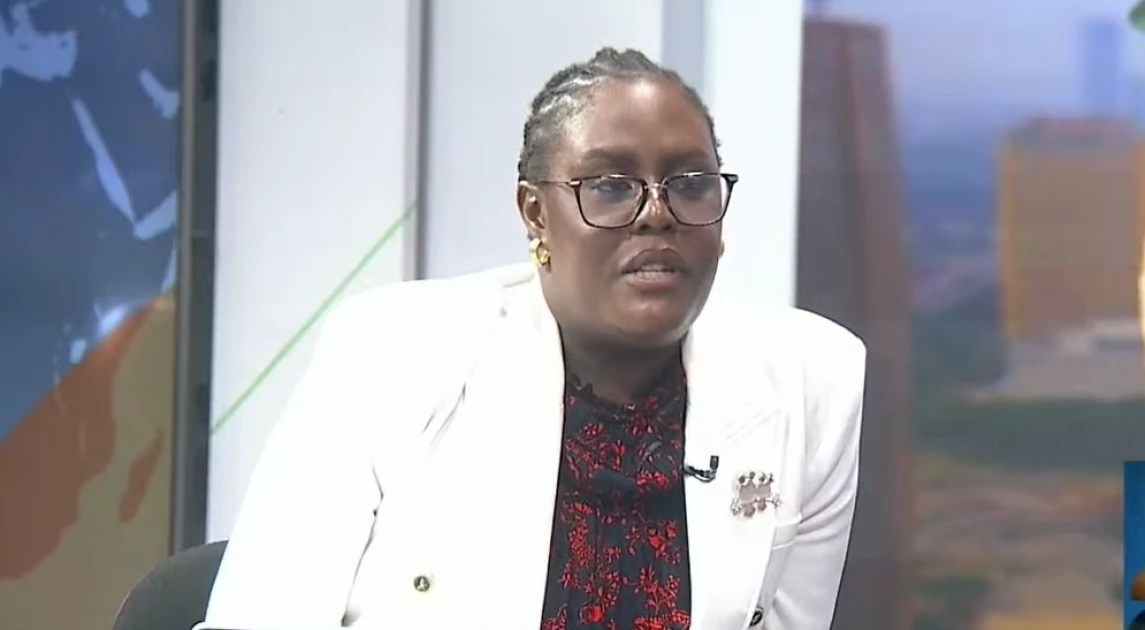
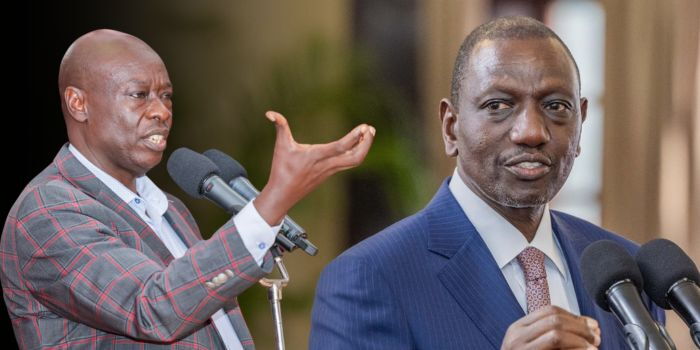


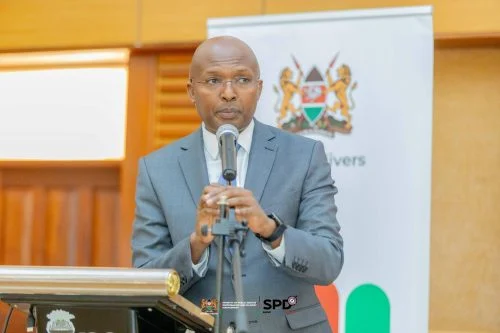
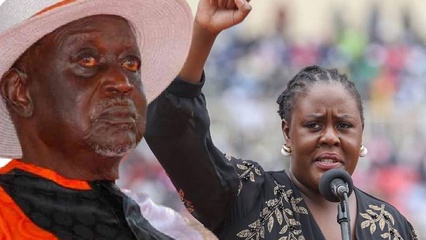
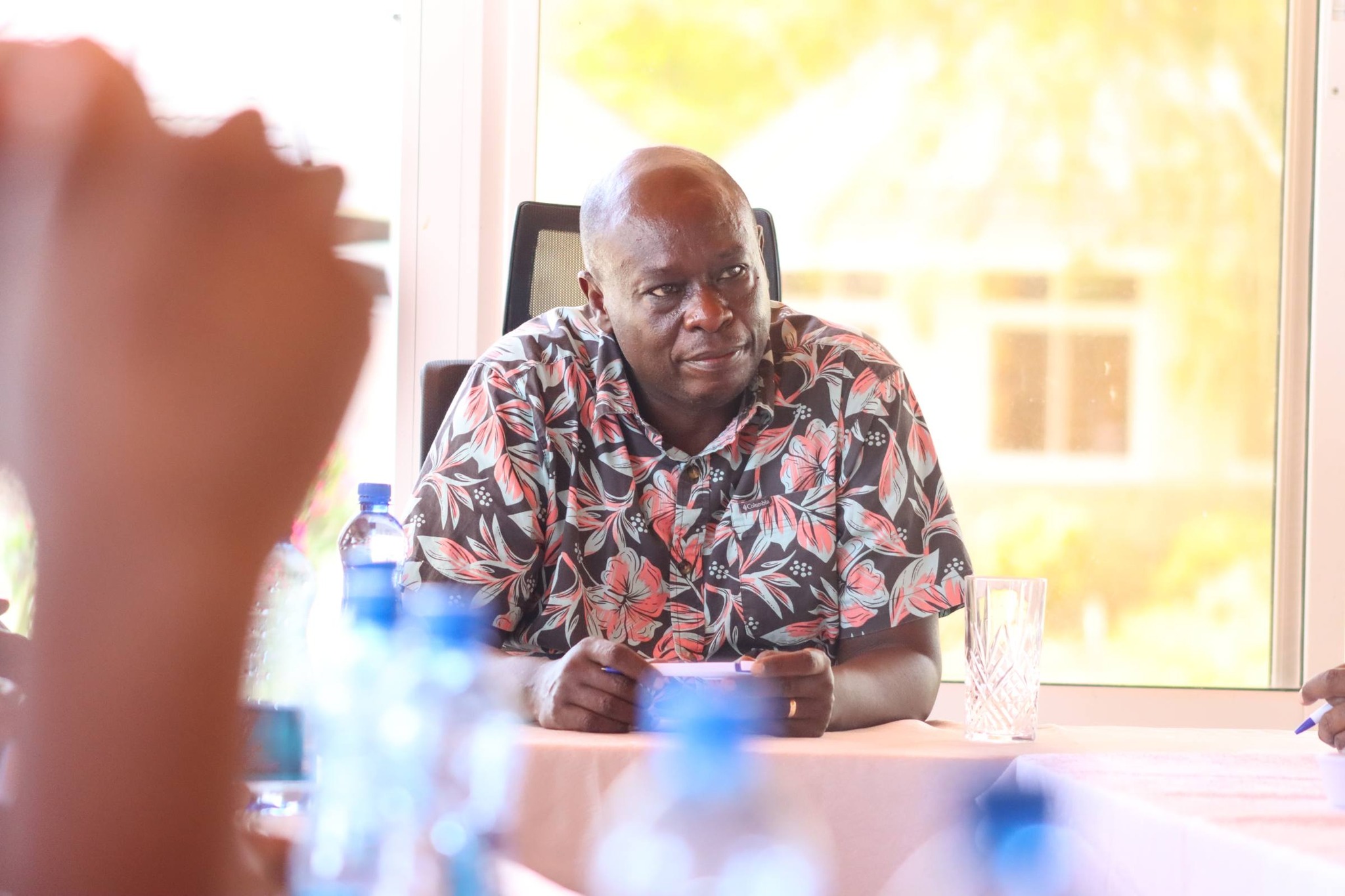




Leave a Reply